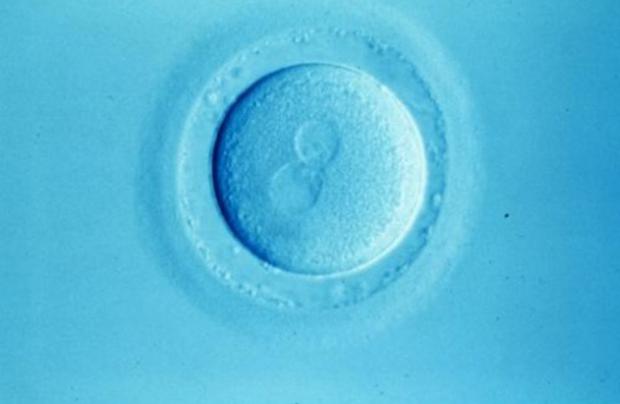
Breaking News
 Tucker Exposes Trump Would-Be Assassin Thomas Crooks' Social Media History, The FBI Coverup...
Tucker Exposes Trump Would-Be Assassin Thomas Crooks' Social Media History, The FBI Coverup...
 This Was A Major Red Flag In 2008, And Now It Is Happening Again!
This Was A Major Red Flag In 2008, And Now It Is Happening Again!
 Trump orders DOJ probe into Epstein's alleged ties with JPMorgan, Clinton and other Democrats
Trump orders DOJ probe into Epstein's alleged ties with JPMorgan, Clinton and other Democrats
Top Tech News
 Blue Origin New Glenn 2 Next Launch and How Many Launches in 2026 and 2027
Blue Origin New Glenn 2 Next Launch and How Many Launches in 2026 and 2027
 China's thorium reactor aims to fuse power and parity
China's thorium reactor aims to fuse power and parity
 Ancient way to create penicillin, a medicine from ancient era
Ancient way to create penicillin, a medicine from ancient era
 Goodbye, Cavities? Scientists Just Found a Way to Regrow Tooth Enamel
Goodbye, Cavities? Scientists Just Found a Way to Regrow Tooth Enamel
 Scientists Say They've Figured Out How to Transcribe Your Thoughts From an MRI Scan
Scientists Say They've Figured Out How to Transcribe Your Thoughts From an MRI Scan
 SanDisk stuffed 1 TB of storage into the smallest Type-C thumb drive ever
SanDisk stuffed 1 TB of storage into the smallest Type-C thumb drive ever
 Calling Dr. Grok. Can AI Do Better than Your Primary Physician?
Calling Dr. Grok. Can AI Do Better than Your Primary Physician?
 HUGE 32kWh LiFePO4 DIY Battery w/ 628Ah Cells! 90 Minute Build
HUGE 32kWh LiFePO4 DIY Battery w/ 628Ah Cells! 90 Minute Build
 What Has Bitcoin Become 17 Years After Satoshi Nakamoto Published The Whitepaper?
What Has Bitcoin Become 17 Years After Satoshi Nakamoto Published The Whitepaper?
INFERTILE MICE GIVE BIRTH, THANKS TO 3D-PRINTED OVARIES

Whether it's because of a treatment like chemotherapy, a result of age, or for other reasons, women's bodies can stop producing the eggs that, when fertilized, can become babies. Now researchers have developed a 3D-printed scaffolding that could restore that function. When they implanted it in female mice that had their ovaries removed, the moms gave birth to healthy pups. The scientists presented their research last week at the annual meeting of the Endocrine Society in Boston.
In order to work properly, the prostheses would need to be rigid enough to be implanted during surgery, but flexible enough to allow eggs to develop. So the researchers printed a scaffolding out of gelatin. The scaffolding was doped with cells cultured from humans--follicles that produce estrogen, as well as contain the structures that eventually mature into eggs.
In the study, the researchers removed mice's ovaries and implanted the 3D-printed prosthetic ovaries in their place. The mice were able to ovulate, give birth to healthy pups, and nurse normally.

 A WORLD OF DEBT
A WORLD OF DEBT
 Unbanked In A Connected World
Unbanked In A Connected World

